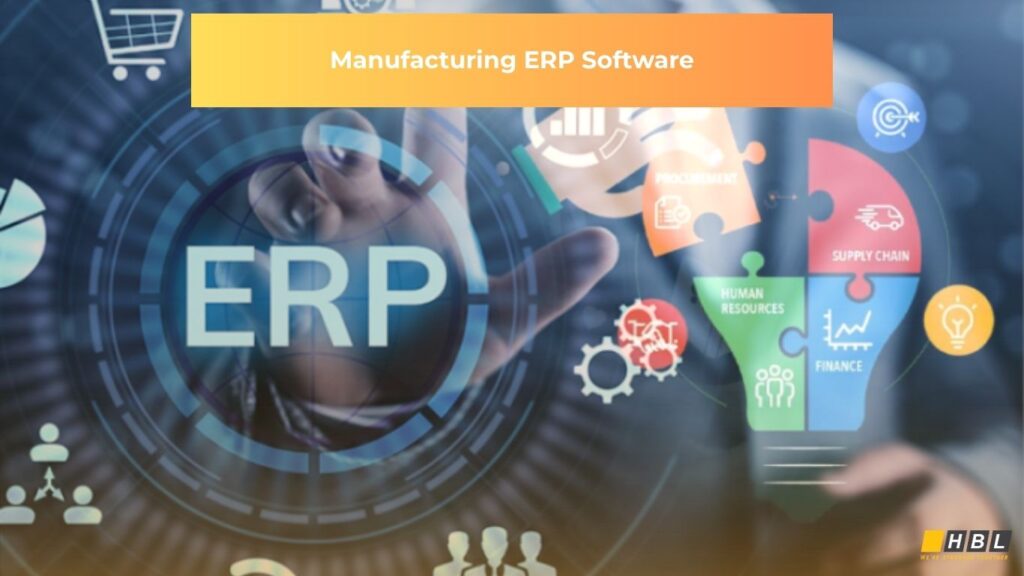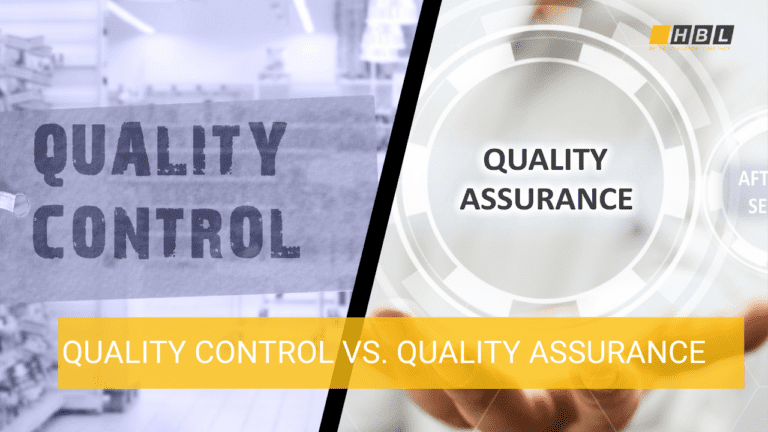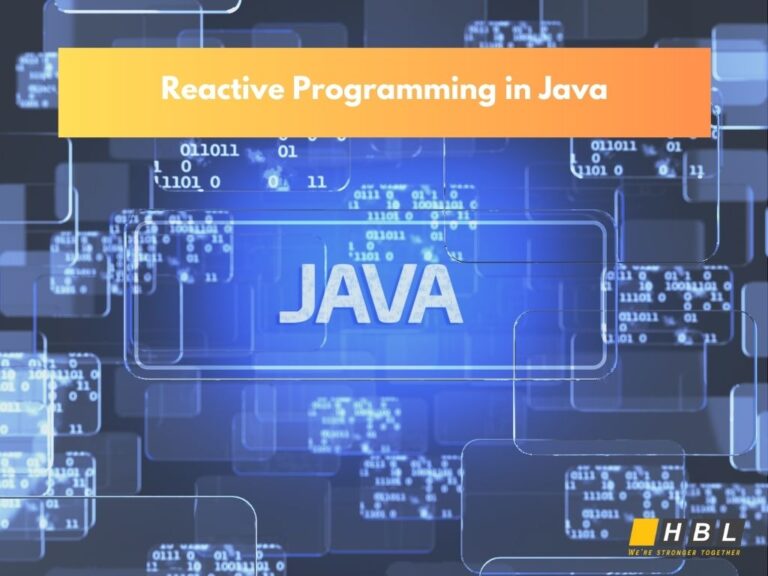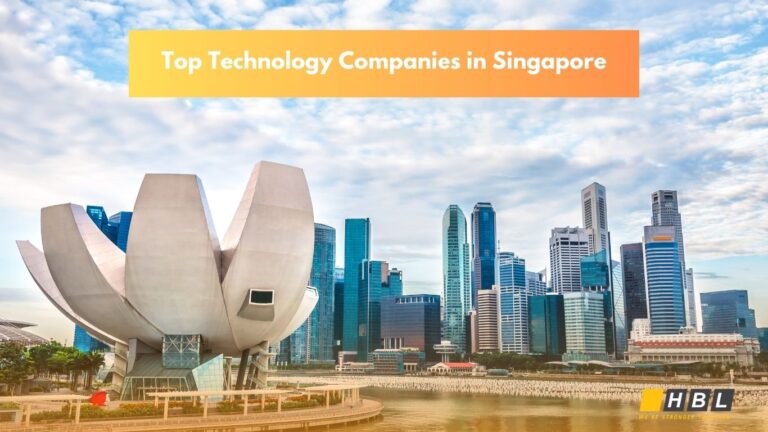In an era where global supply chains remain unpredictable and customer expectations continue to rise, manufacturers are turning to manufacturing ERP software as a core driver of operational excellence. Whether you run a small fabrication shop or a large-scale production facility, the right ERP system can transform your processes—from planning and production to inventory, costing, reporting, and customer delivery.
This guide explains what manufacturing ERP software is, why it matters in 2026, how it solves real production challenges, key features to expect, and how to choose the best ERP software for manufacturing. You will also discover how engineering-focused development partners such as HBLAB support companies in building and customizing high-performance ERP systems tailored to complex manufacturing needs.
1. What Is Manufacturing ERP Software?
Manufacturing ERP software (Enterprise Resource Planning) is an integrated system designed to manage and streamline all core manufacturing activities, including:
- Production planning
- Bill of Materials (BOM) management
- Inventory control
- Procurement
- Quality assurance
- Shop floor operations
- Cost accounting
- Real-time reporting
- Supply chain tracking
Unlike generic ERP systems, ERP software for manufacturing is purpose-built for complex production environments where precision, lead time, supply chain availability, and cost efficiency are critical.
Modern manufacturing ERP solutions use AI, automation, and real-time analytics to help manufacturers operate faster, smarter, and more profitably.
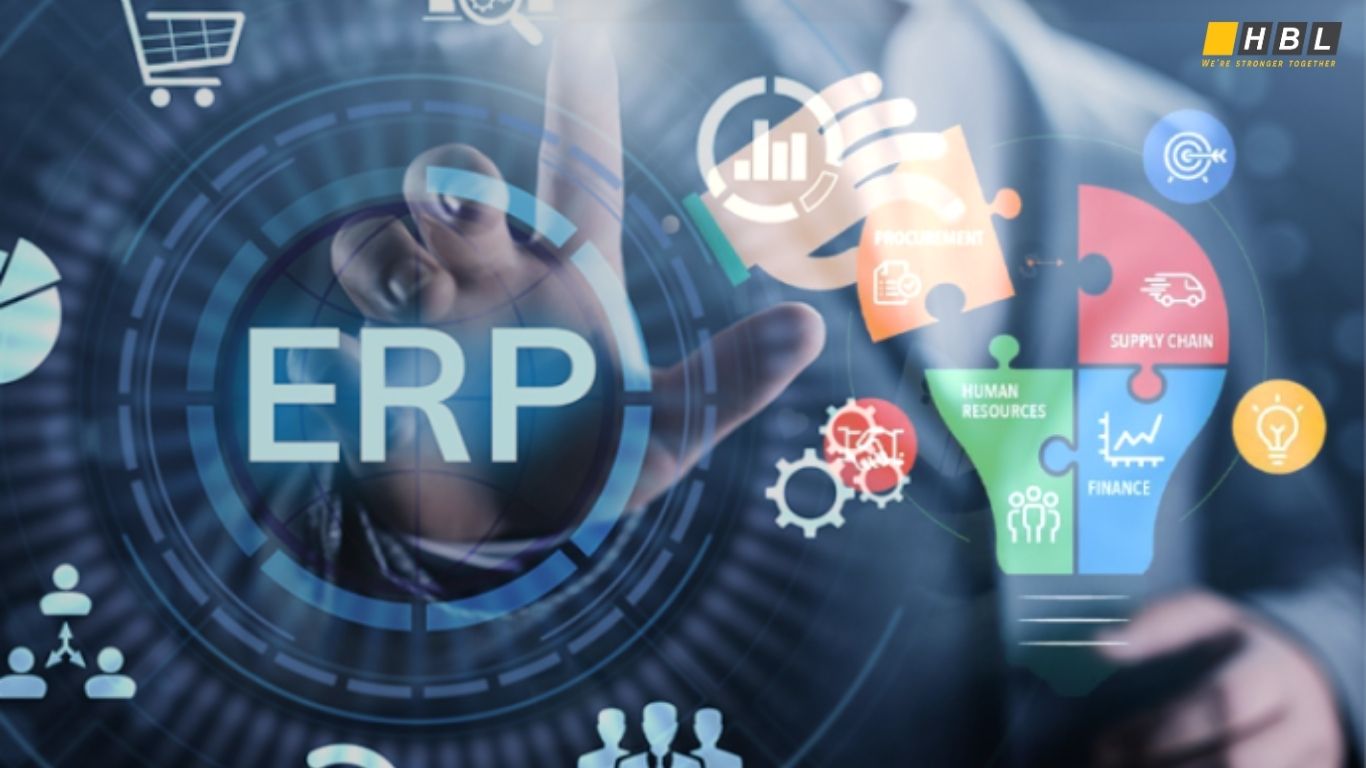
2. Why Manufacturing ERP Matters in 2026
Manufacturing is evolving rapidly due to global disruption, labor shortages, and industry digitalization. According to global studies from Australia, Singapore, and the United States, the biggest challenges for manufacturers in 2026 include:
- Supply chain instability
- High operational costs
- Fluctuating material availability
- Shorter product life cycles
- Pressure to improve productivity with fewer workers
- Growing demand for customization
- Sustainability and compliance requirements
Manufacturing ERP software addresses these challenges by providing:
- A single source of truth for all operations
- End-to-end visibility across production and supply chain
- Real-time decision-making using accurate data
- Automation that reduces manual effort and errors
- Optimized workflows to increase output and reduce waste
3. How ERP Software Solves Key Manufacturing Problems
- Problem 1: Lack of visibility into production processes
ERP integrates machine data, work orders, inventory, and scheduling into one dashboard, enabling managers to see real-time progress and act immediately.
- Problem 2: Inventory inaccuracy & stockouts
Automated stock tracking, barcode/RFID integration, and reorder alerts ensure raw materials and finished goods stay at optimal levels.
- Problem 3: Uncontrolled production costs
ERP systems monitor labor, machine hours, scrap rates, and material consumption, helping manufacturers understand cost per unit accurately.
- Problem 4: Poor planning & scheduling
AI-driven scheduling ensures the right resources are used at the right time, reducing bottlenecks and idle time.
- Problem 5: Compliance & quality issues
ERP tracks quality checks, inspection logs, certifications, and audit trails—supporting compliance with ISO, HACCP, GMP, and industry regulations.
- Problem 6: Disconnected systems
ERP serves as a central operating system, replacing outdated spreadsheets and isolated tools.
4. Essential Features of ERP Software for the Manufacturing Industry
A strong ERP for manufacturing should include:
1. Production Planning & Scheduling
- Dynamic scheduling
- Capacity planning
- Real-time production tracking
2. BOM (Bill of Materials) Management
- Multi-level BOM
- Automated updates
- Version control
3. Inventory & Warehouse Management
- Material requirements planning (MRP)
- Automated stock replenishment
- Warehouse barcode/RFID integration
4. Procurement & Supplier Management
- Purchase order automation
- Supplier scorecards
- Lead time optimization
5. Shop Floor Control
- Machine and operator performance monitoring
- IoT data integration
- Real-time work order updates
6. Quality Management
- QC checkpoints
- Defect tracking
- Compliance documentation
7. Costing & Financial Management
- Job costing
- Standard costing
- Real-time cost breakdown
8. Analytics & Reporting
- Dashboards
- Predictive analytics
- KPI automation
9. Maintenance Management (Optional)
- Preventive maintenance
- Equipment downtime analysis
Types of ERP for Manufacturing
Manufacturers often choose from:
- Discrete manufacturing ERP (automotive, electronics, machinery)
- Process manufacturing ERP (chemicals, food & beverage, pharmaceuticals)
- Mixed-mode ERP (supports both discrete & process manufacturing)
- Lean manufacturing ERP
- Engineer-to-order (ETO) ERP
Understanding your operation model helps determine the best ERP fit.
Cloud ERP vs. On-Premise ERP
| Criteria | Cloud ERP | On-Premise ERP |
| Cost | Lower upfront | Higher investment |
| Scalability | Highly scalable | Limited |
| Deployment | Fast | Slower |
| Security | Vendor-managed | Internal responsibility |
| Customization | Moderate | High |
| Ideal For | Growing factories | Large enterprises |
Most modern manufacturers—especially in Australia, Singapore, and the US—are shifting to cloud-based ERP for flexibility and lower cost.
Best ERP Software for Manufacturing (Reference Overview)
While “best” depends on each factory’s needs, the globally recognized options include:
- SAP S/4HANA
- Oracle NetSuite
- Microsoft Dynamics 365
- Infor CloudSuite Industrial (SyteLine)
- Epicor ERP
- Odoo Manufacturing
- Plex Manufacturing Cloud
However, these platforms are often expensive, rigid, and sometimes overly complex, pushing many manufacturers to pursue custom ERP development—especially when workflows are unique.
How to Choose the Right ERP for Manufacturing
When selecting ERP software for manufacturing, consider:
✔ Production complexity
✔ Required customization levels
✔ Integration needs (MES, IoT, WMS, CRM)
✔ Scalability for future growth
✔ Industry compliance
✔ Budget
✔ Support & maintenance structure
A simple rule:
If your factory has unique workflows → Custom ERP is ideal.
If your workflows match standard industry processes → Off-the-shelf ERP works well.
Implementation Challenges & Best Practices
Common Challenges
- Resistance to change
- Data migration complexity
- Slow user adoption
- Underestimated customization needs
- Integration difficulty with legacy machines
Best Practices
- Start with a clear roadmap
- Involve cross-functional teams early
- Choose an experienced development partner
- Implement in phases
- Train users consistently
- Continuously optimize
Custom ERP vs. Off-the-Shelf ERP
| Aspect | Custom ERP | Off-the-Shelf ERP |
| Fit | 100% tailored | Generic |
| Cost | Medium–High | Medium–High |
| Speed | Slower | Faster |
| Flexibility | Very high | Limited |
| Competitive Advantage | Strong | Moderate |
Manufacturers with unique workflows often gain long-term ROI from custom ERP systems developed by specialized engineering teams.
Why Many Manufacturers Outsource ERP Development to Vietnam
Vietnam has rapidly become a global hub for ERP and enterprise software development due to:
- Cost savings of 30–50% compared to Australia, Singapore, and the US
- High-quality engineering talent
- Strong English proficiency
- Mature outsourcing ecosystem
- Trusted security standards (CMMI, ISO)
How HBLAB Helps Manufacturers Build, Customize & Scale ERP Systems
HBLAB is a leading technology partner with strong expertise in manufacturing ERP development, serving clients across Japan, Australia, Singapore, Korea, and the US.
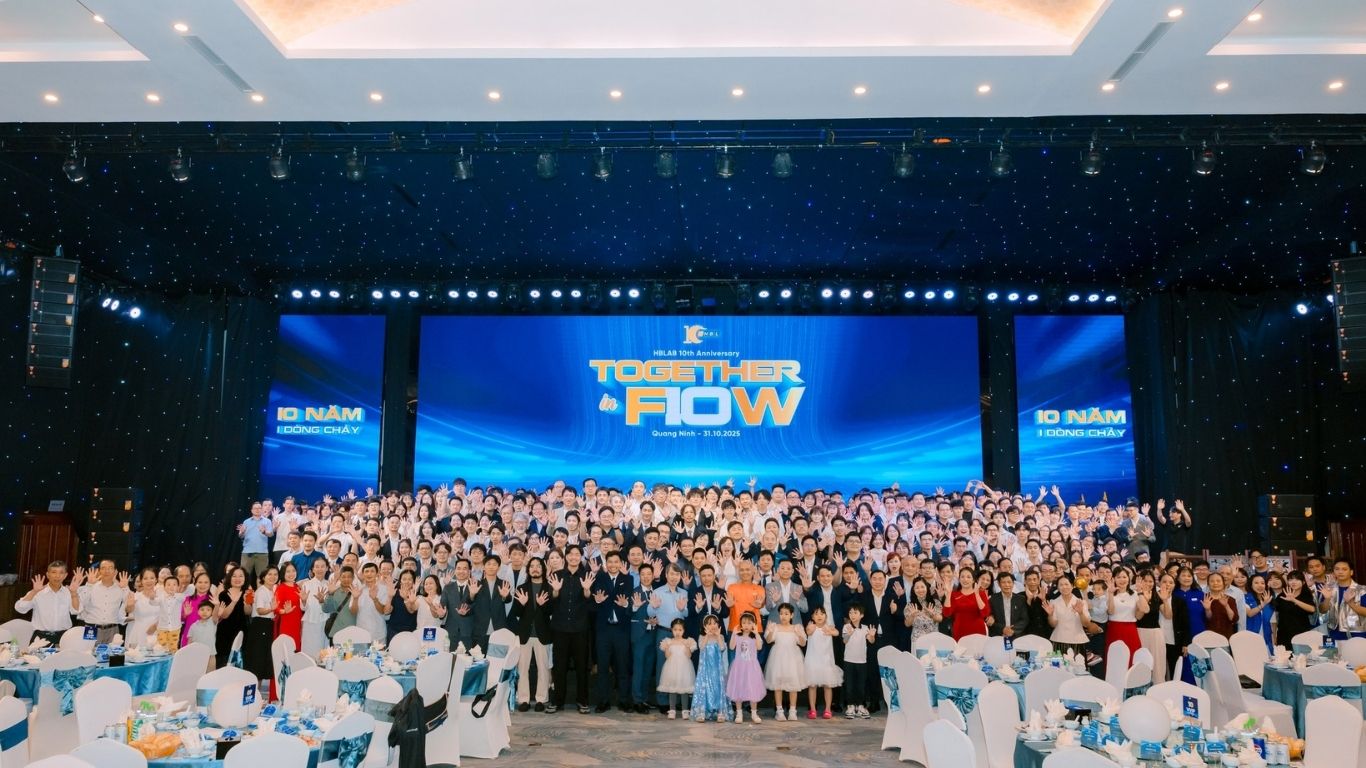
Why Manufacturers Choose HBLAB
- 630+ engineers with strong English communication
- Offices in Vietnam, Japan, Singapore, Korea, and Australia
- 30% senior-level employees with 5+ years of experience in large, complex ERP projects
- Multi-industry expertise in manufacturing, logistics, retail, and enterprise solutions
- Flexible engagement models: BOT, offshore development, onsite teams, dedicated team
- Cost advantage: 30% lower than local development in advanced economies
- Strong programming capabilities (Java, .NET, Python, PHP, Node.js, React, Flutter, etc.)
- Strict compliance with international security standards:
– CMMI Level 3
– Strict security controls for enterprise systems
HBLAB’s ERP Capabilities
- End-to-end ERP development
- Custom manufacturing modules (MES, WMS, MRP, QA, costing)
- Integration with IoT, RFID, barcode systems
- AI-powered forecasting & scheduling
- Data analytics & dashboard development
- Legacy system modernization
- ERP cloud migration
- Long-term support & maintenance
Why HBLAB Fits Manufacturing Clients
Manufacturers often require deep customization, integration with factory hardware, and ongoing optimization—areas where HBLAB’s engineering teams excel. HBLAB builds systems with:
- High scalability
- Fast performance
- Practical UI/UX for factory operators
- Reliable data architecture
- Seamless integration with existing tools
If you are preparing for a digital transformation project, considering ERP modernization, or exploring a new custom ERP system, HBLAB provides both technical expertise and cost efficiency.
FAQs About Manufacturing ERP Software
1. What is manufacturing ERP software?
It is a unified platform that manages all production, inventory, procurement, and financial processes for manufacturing businesses.
2. Which ERP is best for manufacturing?
SAP, Oracle, Microsoft Dynamics, and Odoo are strong choices, but the best solution depends on your business size, processes, and customization needs.
3. How does ERP help manufacturing companies?
ERP improves visibility, reduces costs, streamlines production, automates manual workflows, and enhances supply chain resilience.
4. How long does ERP implementation take?
Typically 4–12 months, depending on system complexity.
5. Should manufacturers choose custom ERP development?
Yes—if the factory has unique processes, complex workflows, or requires deep integration with machinery or IoT devices.
Conclusion
Manufacturing ERP software has become essential for competitive and efficient manufacturing operations in 2026. The right ERP system brings structure, visibility, automation, and intelligence to help factories increase productivity, reduce errors, and maintain stable supply chains.
Whether you choose an off-the-shelf system or a fully customized ERP, the most important factor is finding the right technical partner.
HBLAB supports manufacturers worldwide with tailored ERP solutions, robust engineering teams, and cost advantages that maximize ROI.
If you are exploring ERP development, modernization, or integration, HBLAB is ready to help you build a future-ready manufacturing system.
See more:
– AI Podcast Generator: The Complete 2026 Guide to Creating High-Quality AI-Generated Podcasts
– High Tech Manufacturing: The Future of Advanced Production and Quality Excellence
